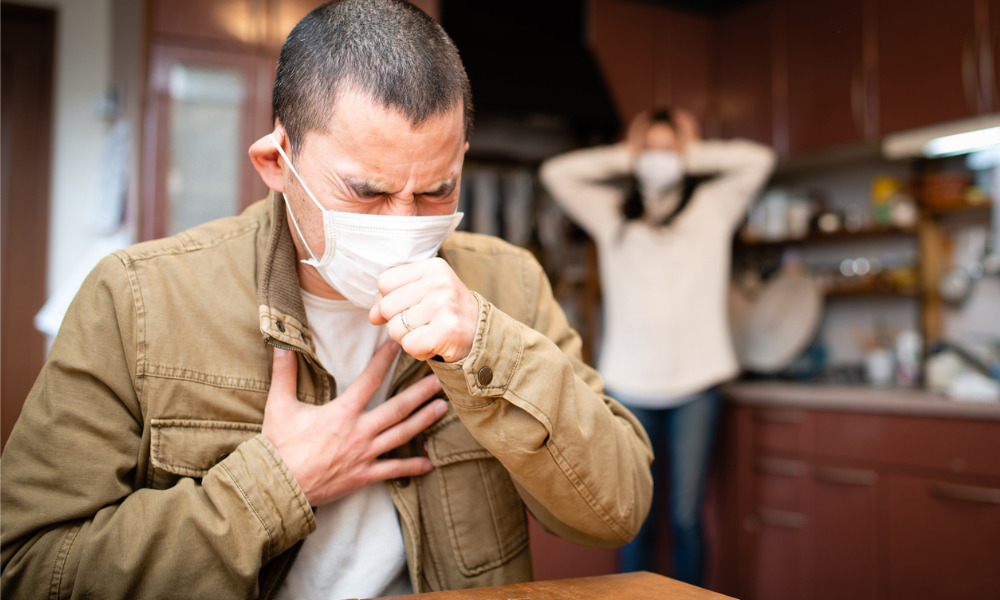
'Everyone reacts differently to stressful situations'

Media reports – mixed with fake news – about the novel coronavirus COVID-19 may be inducing fear and panic across communities. But feeling overwhelmed is understandable, experts believe.
“It’s getting a lot of media coverage, and most of that coverage is a bit apocalyptic,” says David Price, workplace wellbeing expert and CEO of Health Assured, an employee assistance platform.
“It’s natural to be stressed at a time like this,” he tells HRD.
READ MORE: 'Facts, not fear': Doctor urges reason in face of coronavirus panic
And when there is a constant barrage of (mis)information across the media, it’s important for people to find a trusted source of information and to follow the authorities, adds Baruch Fischhoff, a professor at Carnegie Mellon University who specialises in risk perception and human judgment.
“That will insulate them from rumours, and that will help them to get a clear picture and see how things are changed,” he shares in an interview with the American Psychological Association.
‘Everyone reacts differently’
During an outbreak, having accurate information about a disease is one of the most potent tools for combatting anxiety, but the onslaught of bad news can still be overwhelming for many.
“Everyone reacts differently to stressful situations,” the US Centers for Disease Control and Prevention advise.
HR leaders need to be mindful of these nuances: “How you respond to the outbreak can depend on your background, the things that make you different from other people, and the community you live in,” the CDC note.
READ MORE: COVID-19: How we're ensuring employees are alert but not alarmed
The best approach to managing coronavirus anxiety therefore is to acknowledge that it exists, says Price. He shares five tips on how to allay fears and inspire others to remain calm:
1. Be aware of your anxieties: “Whenever you find yourself drifting into thoughts about the coronavirus and the dreadful anxiety that it brings, make a conscious effort to change the subject in your mind. Practising mindfulness is a great way to do this – spending a minute concentrating on the things around you, rather than the worry in your head, goes a long way.”
2. Get away from the negativity: “Cutting down on the news will help – turn off phone notifications, avoid the rolling 24-hour news channels and take every doomsaying prediction with a pinch of salt.”
3. Follow the expert advice: “The World Health Organization has published guidelines on preventing transmission of COVID-19 – put simply, you should wash your hands thoroughly, avoid touching your face as much as possible, and seek medical care early if you have a fever, cough and breathing difficulties (especially if you’re older).”
4. Don’t worry too much about your reaction: “By keeping yourself full of the facts, avoiding too much negative news and practising good self-care per the WHO’s guidelines, you’ll help to reduce that stress. If you have kids, extend that care to them – keep to a routine, explain what’s happening and keep them confident.”
5. Check-in on people: “Stay in contact with your friends and loved ones, and make sure they’re doing OK – again, especially if they’re older.”